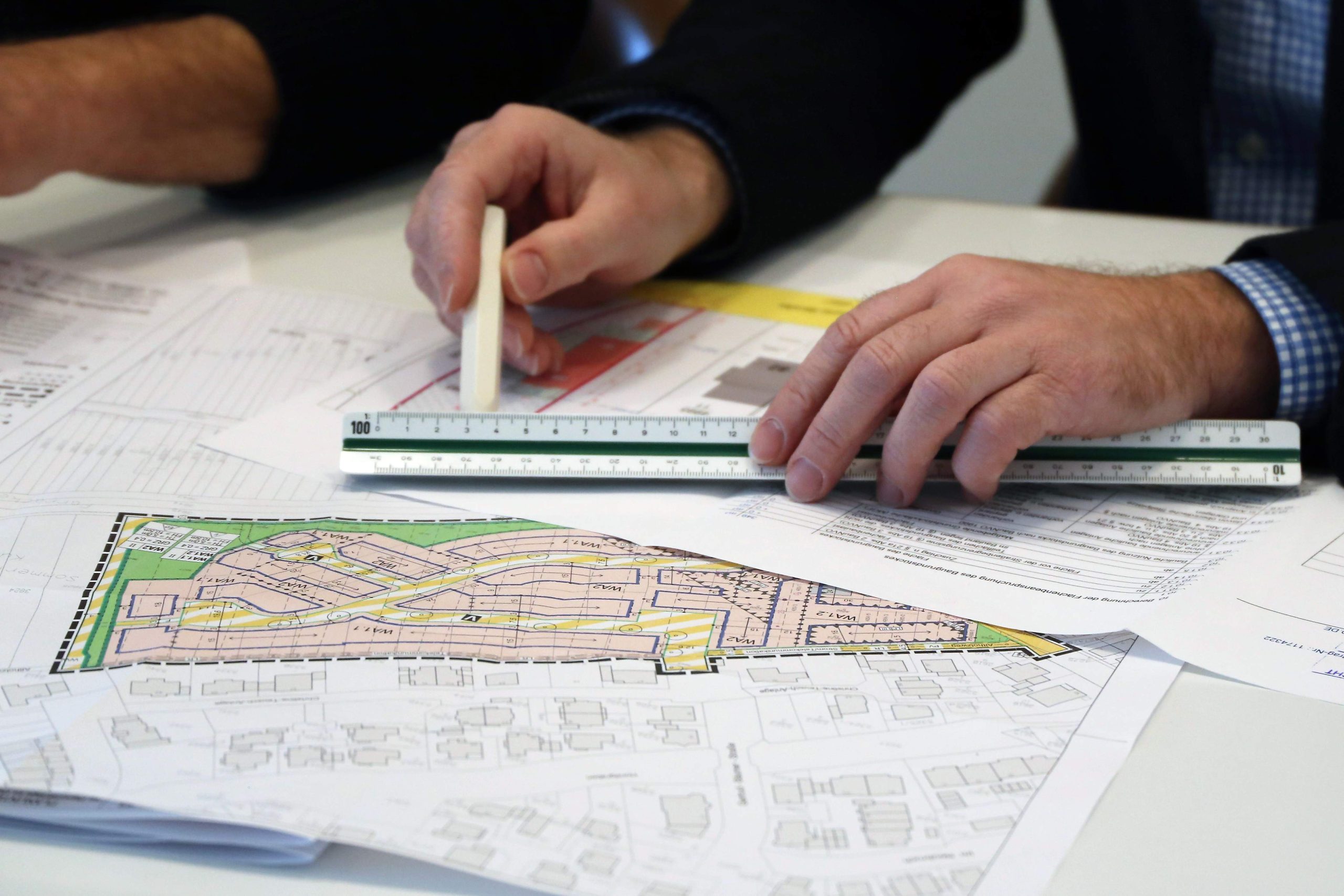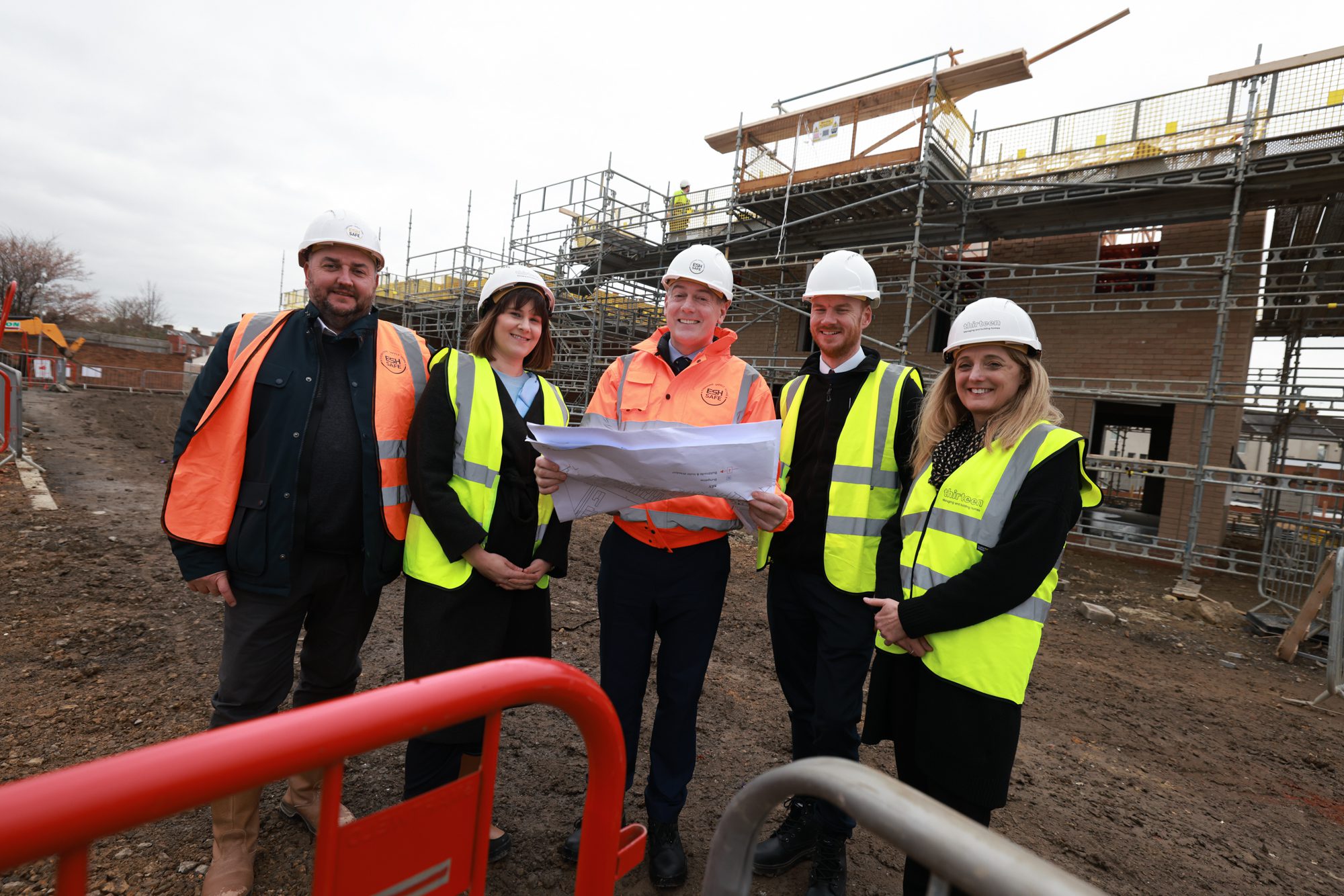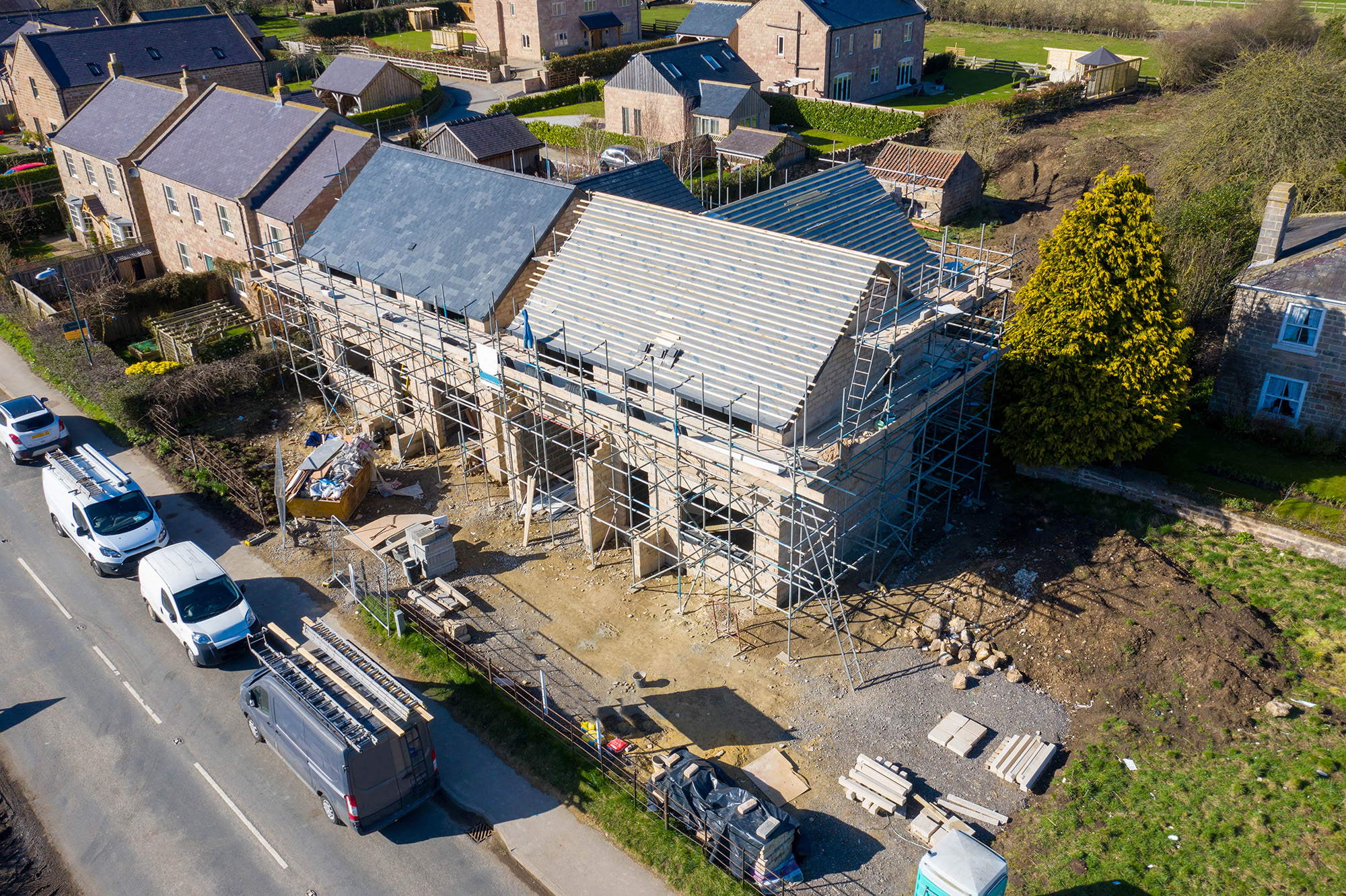The Evolving Shape of Nimbyism: The Rise of Misinformation

Following a survey of professional planners finding nearly a quarter are subject to online abuse from trolls, with some leaving the profession, Housing Industry Leaders examines the dangers of growing Nimbyism.
Nearly 90 per cent of planners say social media is fuelling misinformation about local planning issues. Additionally, according to a new survey, nearly a quarter of staff is the victim of abuse, particularly on social media.
Including responses from over 900 planners, the Royal Town Planning Institute found that a total of 87 per cent of planning staff indicated social media is a negative space for fuelling misinformation.
This has been exacerbated by the increase of farming, and planning shows on TV, including the Clarkson Farm documentary, which prompted reports of several death threats against people opposed to the expansion of a farm shop.
On top of this, the rise of far-right groups attending LTN and fifteen-minute city rallies have led to concerns that threats and trolling will increase in the future as plans for further developments roll out across the country.
Nimbyism Has Led to a Misinformation Surge
Nimbyism is facing a fork in the road when it comes to misinformation, with a risk of a minority with extreme views hijacking the term ‘nimbyism’ and what it typically represents. With infrastructure failing to keep up with growing demands, something has to give to both protect those working in the planning sector and build more houses in the UK.
Furthermore, the survey found nearly a quarter of planners told the RTPI they had either “regularly” or “occasionally” been targeted through social media with insults, harassment or threats. For balance, a further 20 per cent said they had experienced these things “rarely”.
Nimbyism is beginning to dominate local politics, not only through discourse but with the rise of anti-development “resident” parties. Guildford and Uttlesford saw the election of such parties in local elections.
Planning Sector Under Multiple Significant Threats
Already under significant stress, figures from 2021 indicated a decline in planning permission to the lowest level in a decade. For those in the planning sector, it feels like they are being pulled from both sides of the political spectrum.
One respondent to the survey said: “[Social media] harms the reputation of the planning service, and more and more online attacks are being directed against individual officers. That does no one’s mental health any good.”
Another respondent said: “Campaign groups through Facebook often stoke opposition to planning applications, but rarely if ever, give people the actual facts around an application; these are then shared and shared with the vast majority of people never actually looking at the application properly.”
Sue Bridge, president of the RTPI, explained through social media: “all too often, we are seeing the opposite effect, with the spread of misinformation bleeding into public opinion.”

